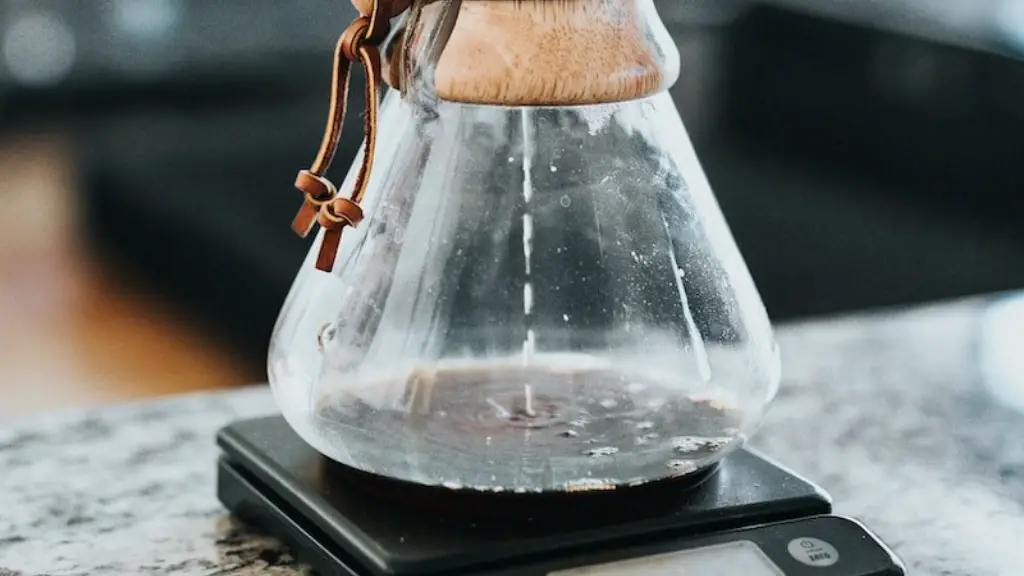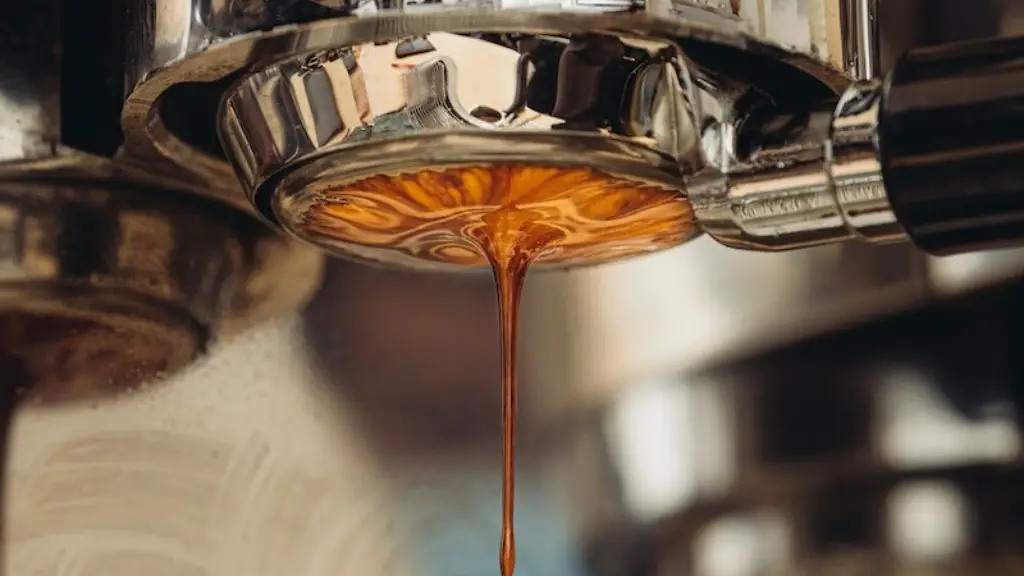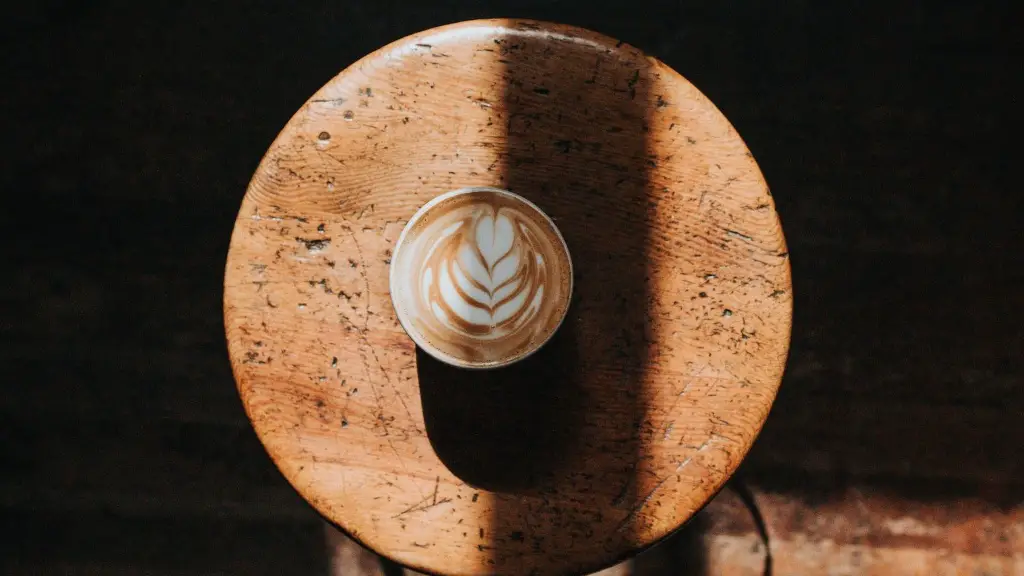The Body’s Response to Caffeine
Consuming coffee can often contribute to headaches due to the caffeine content. Caffeine is a stimulant found in coffee and other energy drinks. It attaches to adenosine receptors in the body, which normally helps the body to relax and keep us from being over-stimulated. Caffeine blocks these receptors, so instead of feeling relaxed, we’re able to think, work, and move faster.
In limited doses, caffeine can be beneficial and even help reduce the severity of headaches. But too much caffeine can leave us feeling jittery and overwhelmed, which can contribute to tension headaches or even migraine-level pain. Coffee-related headaches and migraines are caused by caffeine triggering the body’s fight-or-flight response. This puts extra strain on the autonomic nervous system, leading to physiological symptoms like headaches and migraines.
Caffeine is highly addictive and can be addictive in just a few days if you ingest a large enough amount. Consuming too much caffeine can cause physical symptoms like tremors, increased heart rate, and headaches. This overstimulation of the body can trigger a release of stress hormones, leading to feelings of anxiety and tension. In some cases, this anxiety is so severe that it can trigger migraines.
Withdrawal from caffeine can also cause headaches. Withdrawal pains can be anywhere from mild to severe and can last anywhere from a few hours to days. When the body is denied caffeine, the brain begins rapidly dehydrating and organs, muscles, and tissues become oxygen deprived. This can lead to headaches, fatigue, and an overall feeling of weakness. To ease some of the symptoms of caffeine withdrawal, it is important to drink plenty of water and get enough rest.
Connected Health Issues
Headaches after drinking coffee can also be caused by underlying health issues. One possible cause is dehydration. Caffeine is a diuretic, so it can lead to dehydration if consumed in large enough quantities. Dehydration is a common cause of headaches, and drinking coffee without adequate water can make dehydration more likely. It is important to drink plenty of water when you are drinking coffee to counteract the diuretic effects of caffeine.
Another possible cause of headaches after drinking coffee is magnesium deficiency. Magnesium is a mineral that helps to regulate brain functioning and is also involved in producing hormones. Low magnesium levels can interfere with nerve signals, causing headaches and other symptoms. Regularly drinking coffee can deplete magnesium levels, leading to increased headaches. Consuming foods high in magnesium such as legumes, nuts and green vegetables or taking a supplement may help to reduce the frequency of headaches.
Caffeine can also exacerbate underlying conditions like anxiety, depression, and insomnia. Studies have shown that consuming large amounts of caffeine can make existing mental health issues worse. People who are prone to anxiety and depression are more likely to have greater caffeine sensitivity. If someone is suffering from anxiety, depression, or insomnia, it is best to avoid caffeine or limit consumption to very low doses.
Caffeine Tolerance
Caffeine tolerance is another potential cause of headaches after drinking coffee. As we consume more caffeine, we become less sensitive to its effects. This means that over time, the caffeine will have less of an effect on us and we will need to consume more to get the same benefits. When we do consume more, however, the negative effects can be even greater. Too much caffeine can cause headaches, jitters, and other unpleasant symptoms.
If you think you may have developed a tolerance to caffeine, it is best to gradually reduce your consumption. Start by cutting down to a few cups of coffee a day and then slowly reducing it even further. This will give your body the chance to adjust and reduce the severity of any withdrawal symptoms. You may also want to try drinking decaffeinated coffee or an alternative like herbal tea.
Timing of Consumption
The timing of when you drink coffee can also contribute to headaches. Caffeine has a half-life of about four to six hours, so consuming caffeinated drinks later in the day can interfere with sleep. This can lead to difficulty falling asleep, shallow sleep, and even morning headaches. To prevent this, it is best to avoid drinking caffeine within six hours of bedtime.
In terms of timing, it can also be helpful to think about the timing of when you normally get headaches. Some people find that consuming coffee earlier in the day reduces the severity of their headaches, while others find that drinking coffee too early can trigger headaches. Keeping a headache diary and noting when you consume coffee can help you identify patterns that may be contributing to your headaches.
Tips for Avoiding Coffee-Related Headaches
If you are experiencing frequent headaches after drinking coffee, here are some tips that can help:
- Limit your caffeine intake to no more than 300 milligrams per day.
- Try drinking decaffeinated coffee instead.
- Reduce your caffeine intake gradually instead of quitting cold turkey, as this will reduce the severity of your withdrawal symptoms.
- Drink plenty of water when drinking coffee to counteract the diuretic effects.
- Increase your intake of magnesium-rich foods or take a supplement.
- Avoid drinking caffeine within six hours of bedtime.
- Keep a caffeine headache diary to identify patterns in your headaches.
Caffeine-Free Alternatives
If you’re looking for a caffeine-free alternative to coffee, there are many options. Tea and herbal drinks are great alternatives because they don’t contain any caffeine. They can contain small amounts of the stimulants theanine and caffeine, but not enough to cause the same headaches that coffee can. Many teas contain antioxidants and other beneficial compounds, so you can still reap the benefits of a hot drink without the headache.
Another caffeine-free alternative is kombucha. This fizzy drink has been known to help reduce headaches due to its high probiotic content. Kombucha is full of healthy bacteria which can help restore balance in the gut and reduce inflammation, which can in turn reduce headaches. Although kombucha does contain small amounts of caffeine, it is much lower than in coffee, so you won’t experience the same level of headaches.
Managing Stress and Anxiety
Stress and anxiety are another major cause of headaches and can be intensified by caffeine. If you’re feeling stressed or anxious, it is best to take some time to relax. Taking just a few minutes to practice mindfulness, deep breathing, or even just a short meditation can help to relieve stress and decrease headaches. Exercise can also be helpful, as it releases endorphins which can reduce pain.
It is also important to make sure you are getting enough sleep. Not getting enough sleep can make it harder to manage stress and can contribute to headaches. Make sure to get at least 7-8 hours of sleep a night and practice good sleep hygiene, such as avoiding screens before bed and having a regular bedtime routine.
Conclusion
Headaches after drinking coffee are a common problem and can have many different causes. From physical conditions like dehydration and magnesium deficiency to psychological issues like anxiety and stress, there are many issues that can make drinking coffee problematic. To lower your risk of headaches after drinking coffee, make sure to limit caffeine intake and drink plenty of water. You may also want to experiment with different timing and drinks, and taking a few moments each day to relax and manage stress.




